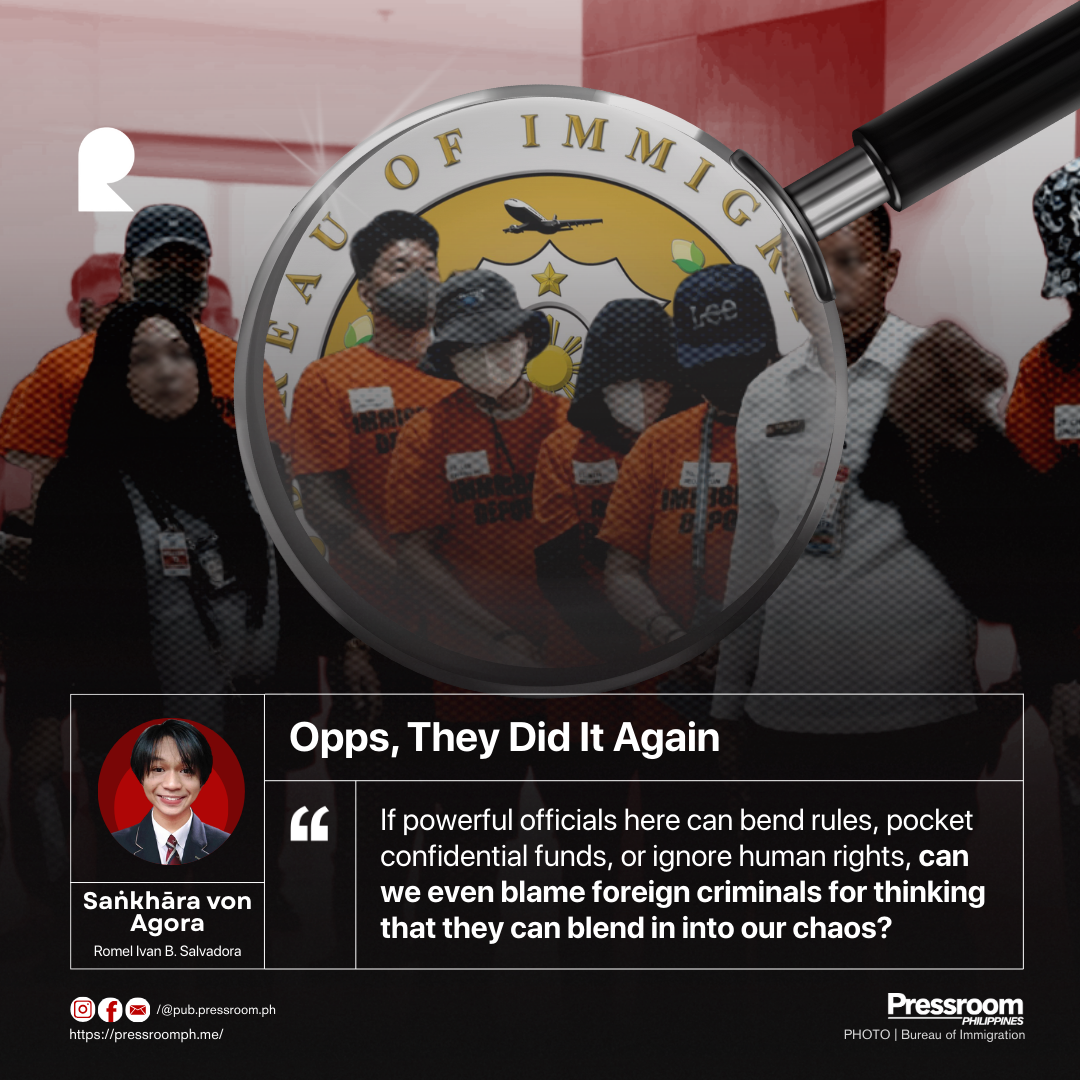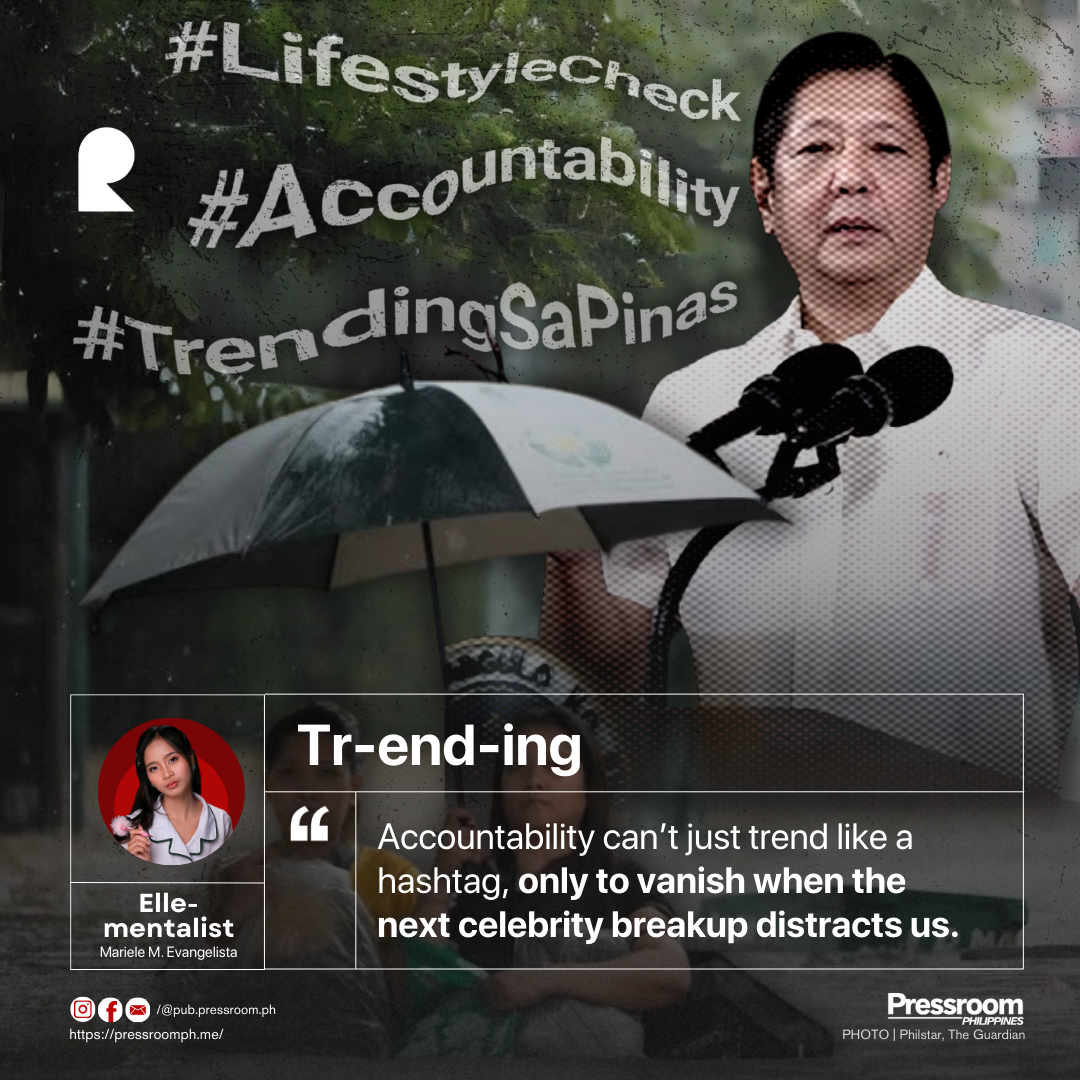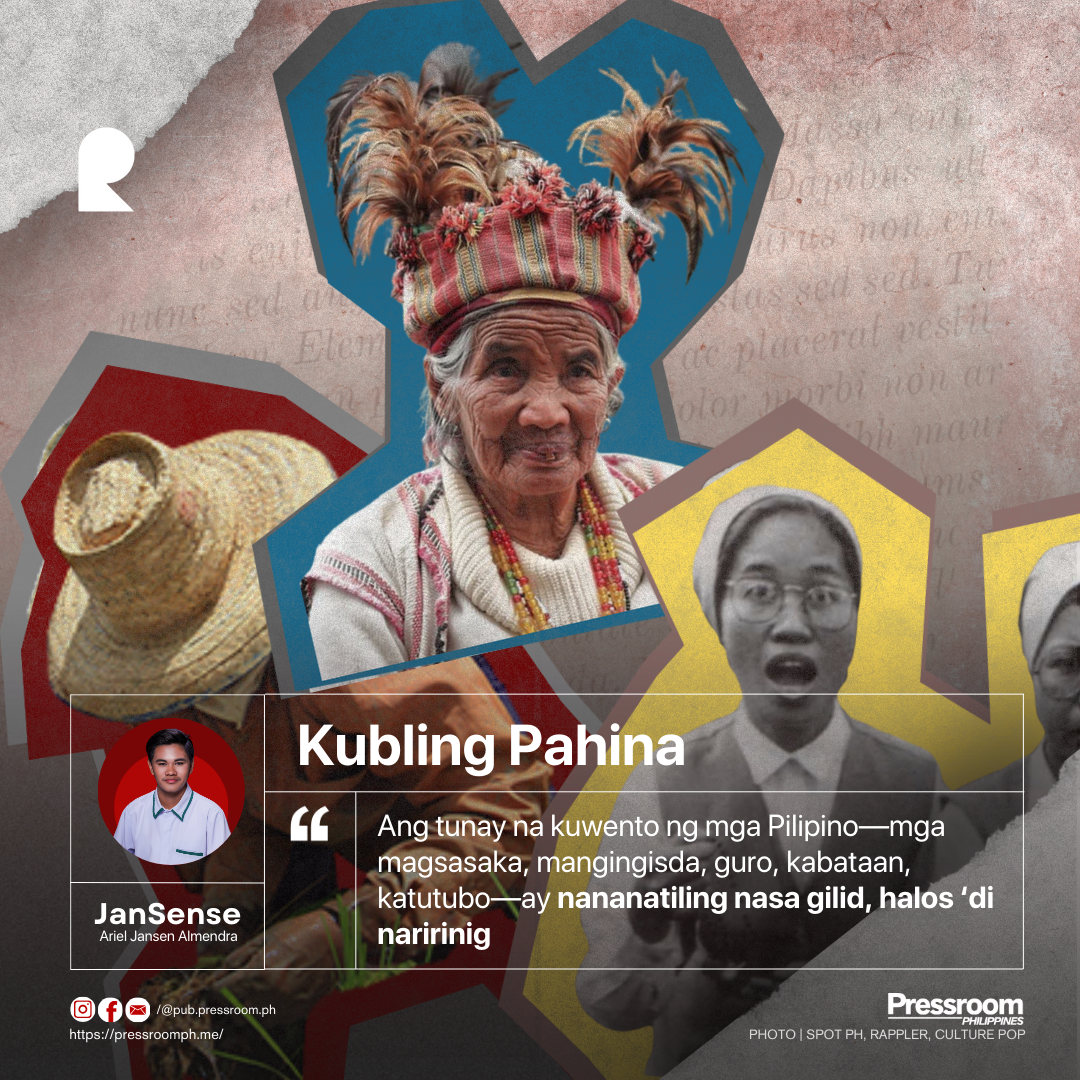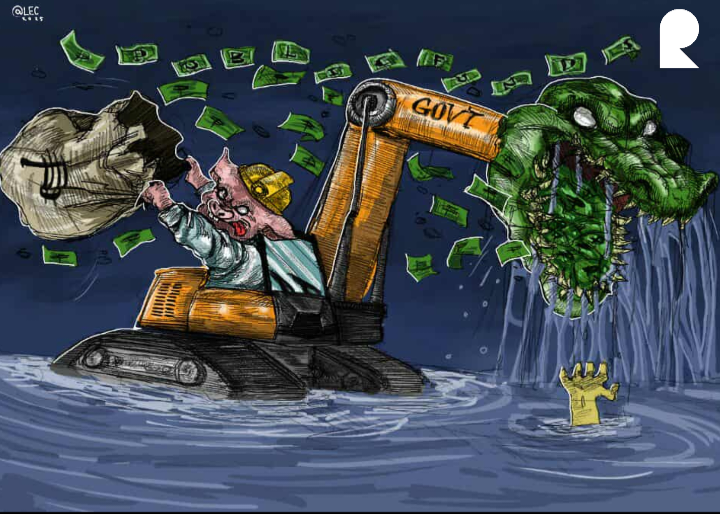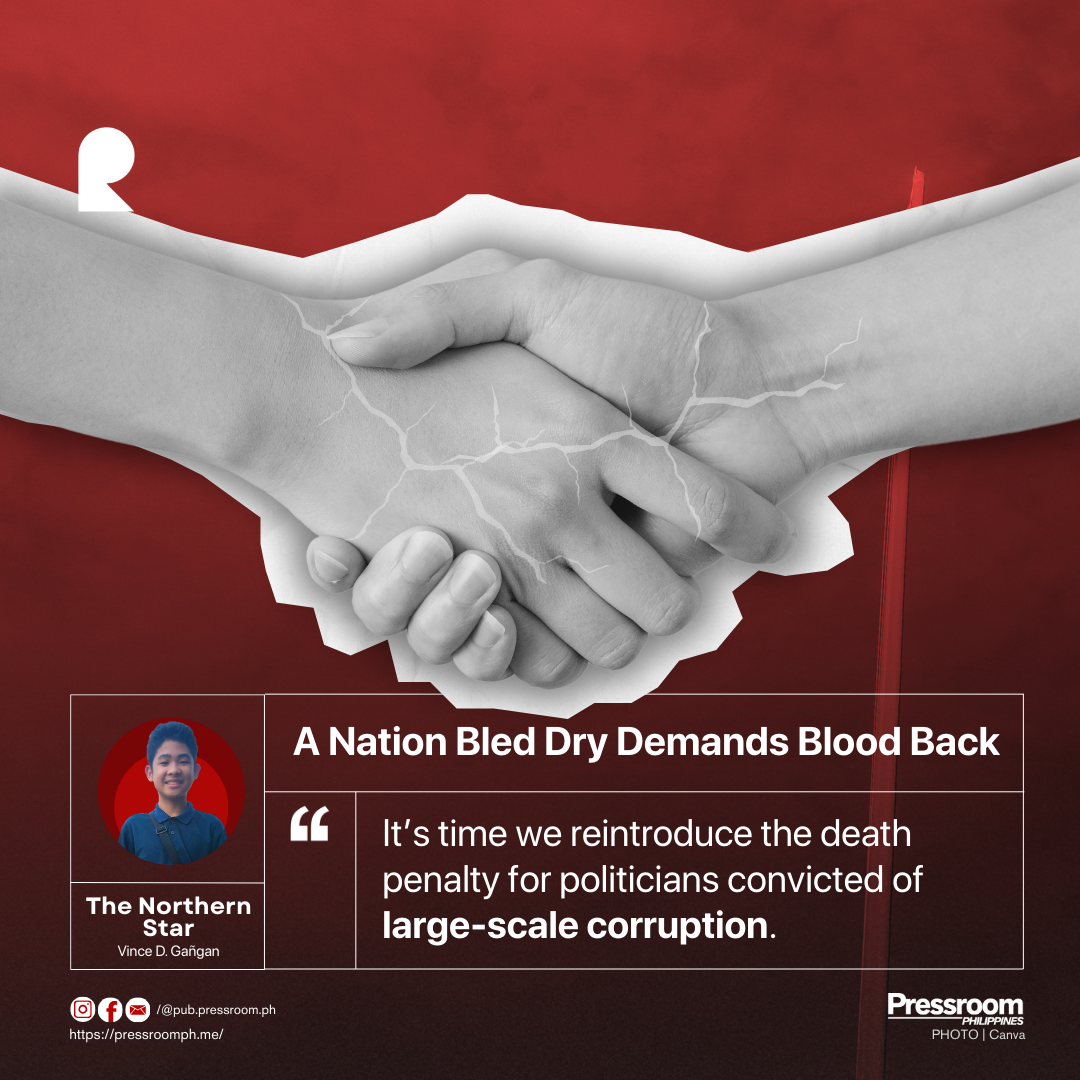You can’t spell opportunity without “opp” and maybe that’s our ongoing tragedy—because every opportunity carries the temptation to side with the opps, whether out of desperation or greed. Criminals from abroad took this literally: in a nation shadowed by its fiercest opponent, corruption, there would always be an opening. That’s why for fraudsters and scammers, the Philippines isn’t just a hideout—it’s a marketplace.
On September 3, the Bureau of Immigration deported 49 South Korean fugitives — 43 men and six women — who have been hiding in the country while facing charges back home. They weren’t neighborhood petty thieves. We’re talking syndicate bosses accused of draining billions via phishing scams and illegal gambling rings.
Even if they didn’t come here to scam Filipinos, they still came here because they knew they could get away with hiding. Why wouldn’t they? Our bureaucracy moves slow, our enforcement often looks the other way, and our borders have long turned to revolving doors. To fugitives, the Philippines is less a risk and more like a reset button.
But the bigger question is not why they ran from South Korea—it’s why they ran to us. The answer is uncomfortable: this country has a reputation as a haven for impunity. If powerful officials here can bend rules, pocket confidential funds, or ignore human rights, can we even blame foreign criminals for thinking that they can blend in into our chaos?
Our very own officials such as Vice President Sara Duterte with her confidential funds scandal shows how those in power can pocket billions with minimal consequence. Another example is Former President Rodrigo Duterte with his bloody war on drugs that targeted the poor where accountability only came knocking when the International Criminal Court intervened—because our own justice system seemed to only stall the process.
Popular criticisms of the Department of Public Works and Highways also echo the same chaos: contractors using infrastructure projects as “unlimited money hacks,” endlessly “repairing” roads that never seem to get fixed, only further broken or billing for flood-control projects that never gets to materialize. These aren’t pothole fixes—they’re loophole fixes designed to siphon taxpayer money into private pockets.
Meanwhile, netizens who reacted to the deportation echoed a recurring sentiment: these criminal gambling rackets should have been the ones truly punished— but not the “legal” ones.
These comments, to me, revealed another perspective. These exposed how blurred our own moral lines are. In the Philippines, gambling isn’t just an occasional vice—it’s an industry and the numbers prove it: the gambling sector raked in over ₱410 billion in 2024, with projections climbing to ₱450–480 billion this year (Reuters, 2025). At its peak, e-sabong (online cockfighting) generated billions monthly, while traditional sabong remained a tens-of-billions-of-pesos trade, tied to both livelihoods and violence.
The scale and accessibility — low minimum bets, smartphone access, and deep cultural roots — make gambling a powerful coping mechanism for those in economic precarity. But here’s the catch: whether sanctioned by law or not, gambling is still gambling. It doesn’t just create revenue; it creates traps — addiction, debt, exploitation, even disappearances. Illegal platforms, especially unregulated e-sabong sites, thrive on lax verification and minimal safeguards, multiplying risks of financial ruin and fraud.
These Korean fugitives may not be targeting Filipinos directly, but their presence here exposes a bigger truth: the Philippines is attractive not only as a hideout, but as fertile ground where blurred laws, weak enforcement, and a culture that normalizes risk-taking already make space for opportunists — whether foreign scammers or our own homegrown gambling kings.
Turn on the TV or scroll through social media, and you’ll see celebrities—household names, even national icons—plastering their smiles on gambling ads. This normalization by the rich and powerful only deepens the cycle. When those with influence endorse gambling or embody the same scam mentality—taking whatever means necessary just to gratify greed—it tells ordinary Filipinos, already battered by scarcity, that risk-taking with their last peso is not only acceptable but aspirational. It’s not just a scammer’s ploy; it’s systemic conditioning.
If the powerful normalize impunity, why wouldn’t ordinary people take shortcuts and risk everything for money? In the face of money, admit it or not, who wouldn’t be a fool in so many ways?
So when Immigration Commissioner Joel Viado says these deportations send a message that the Philippines won’t harbor fugitives, the reality is harsher: we already harbor the conditions that invite them. Widespread poverty, institutional corruption, normalized gambling culture, and weak enforcement create a red-carpet welcome for foreign and domestic opportunists alike.
In the end, the real “opps” aren’t just the deported South Koreans—they’re the systemic failures: economic scarcity, cultural acceptance of gambling as escape, and an appetite for quick fixes over genuine reform. Until we address poverty, regulate and protect citizens from gambling exploitation, and demand accountability from our own officials, the country will continue to offer opportunities for our “opps” rather than for citizens and allies with genuine intentions. And that cycle will be hard to break.
So, what’s the way out of this mess? It begins with confronting the scarcity of accountability in the Philippines. This recycling of the same surnames with already tainted backgrounds not only normalizes impunity but also signals to opportunists, both foreign and local, that the Philippines is a safe haven where consequences are negotiable. If the powerful can bend rules and emerge unscathed, why wouldn’t ordinary people, left with far fewer options, gamble with their own survival?
Another solution lies in creating conditions where honest work is both accessible and rewarding. Stable jobs here are scarce, wages are insultingly low, and “productivity” too often means overwork and underpay. If government resources—like the billions funneled into confidential funds or wasted on corruption—were rechanneled into sustainable industries that often get slashed, education, and job creation, we wouldn’t be exporting our labor or watching citizens fall into gambling dens and scams. Filipinos need more than reminders to “work hard”; they need genuine opportunities that make dignity and survival possible without having to resort to gambling.
Because when opportunities show themselves through systemic loopholes, best believe—no one, not the criminals, not the politicians, not even ordinary citizens—is ever that innocent. Here, survival often means taking the bait, and greed often wears the mask of urgency. Until we close the loopholes where accountability continues to turn to impunity rather than necessity, the Philippines won’t just attract scammers from other countries—it will keep producing them in our fertile lands of corruption.
